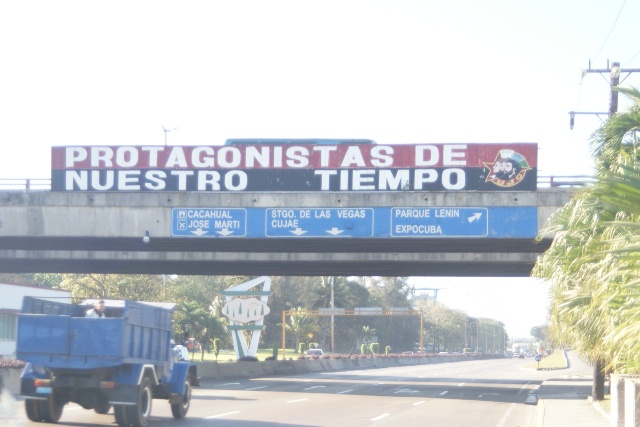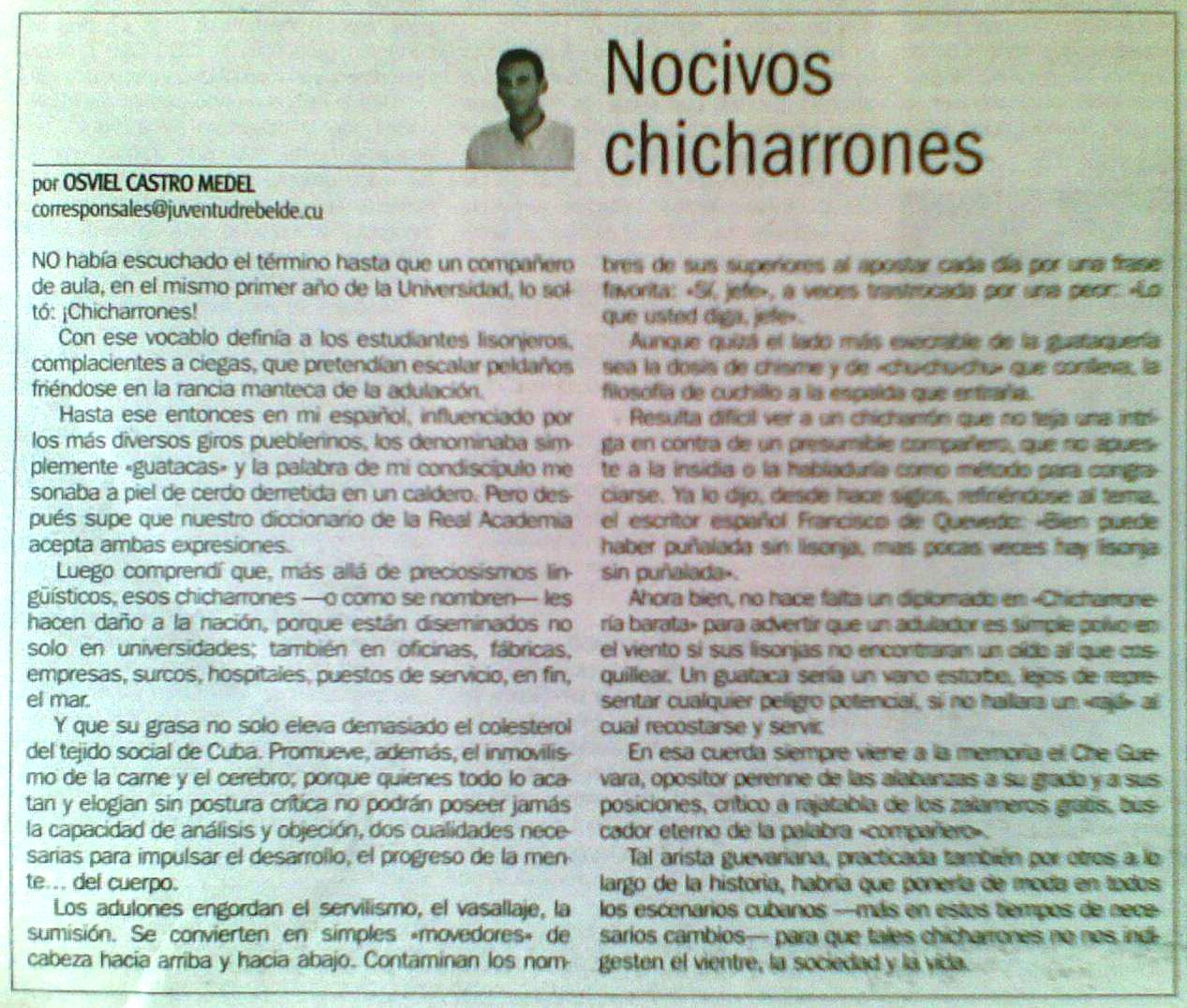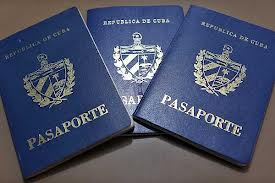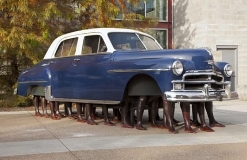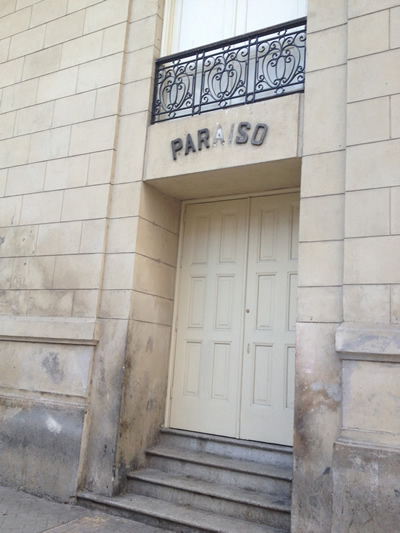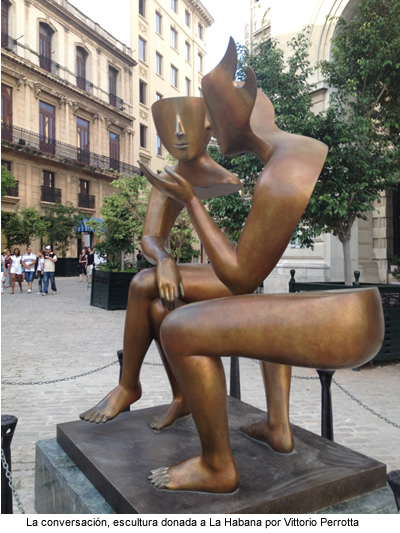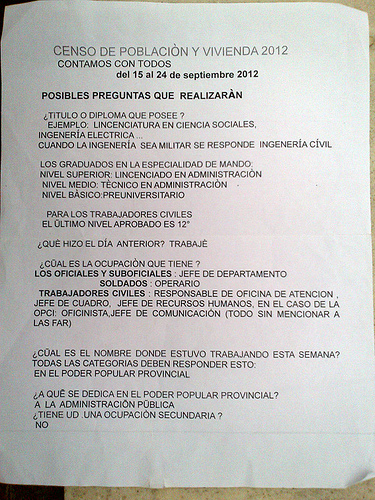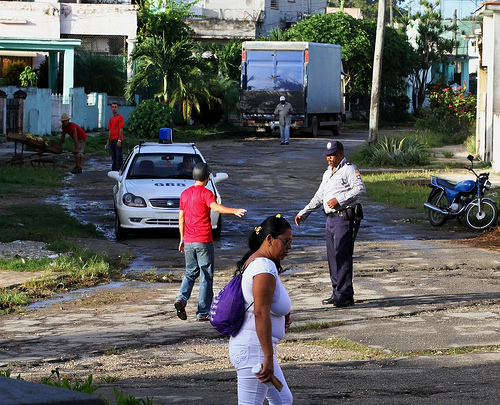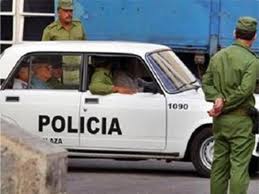The first time I heard the phrase “we will convert the setback into victory” it was in the speech delivered by the otherwise Invincible-in-Chief after the failure of the Ten Million Ton Harvest* (1970). At that time I was 11, but I remember the the sadness of many adults–who had blindly believed in the success of Castro I’s adventure with sucrose–and the apotheosis of applause that followed. If the Commander said it, it was so: after the setback a new era of victories would begin. The spell of as single sentence of the hypnotizer, everyone forgetting that he had pronounced on the same subject during the previous months, assuring with equal conviction: “there will be ten million…” And there never were.
The passage of years has shown that, in fact, in “socialist” Cuba every possible victory has been turned into another failure. But this text today is not about that topic, but rather it is about the latest decontextualization of that statement about the metamorphosis of setbacks, now applied to the current reality.
Here we have the Granma newspaper of January 2013 bringing it to us renewed, like a gift, in a huge red headline on the front page that announced: Moncada** taught us to turn setbacks into victories. Under the sentence, almost as old as the legend of Moncada, is an enlarged photograph of the Castro brothers–and only them in a photo that was originally of a group–raising a fist and a rifle respectively.
However, taking into account the antiquity of the statement and the photo–and also that in the recently concluded session of the General Assembly, the General-President delivered a strongly optimistic speech about the progress of Cuba in 2012 and referenced the achievements to be produced in 2013–one would have to ask what setbacks threaten that were reflected in the first proposal of the new year by the official organ of the Cuban Communist Party. January started off confronting a “setback” not shown, but obvious.
Chavez’s death
You don’t even need to be a specialist in deciphering the cryptic language of the Castrocracy: any reader can guess the worsening crisis that will come with the obviously soon-to-come death of the Venezuelan President, when his subsidies to the Cuban dictatorship will be reduced and finally extinguished.
Last Friday the 4th, also on the front page, the same paper was commissioned to begin preparing public opinion for the imminent demise of the constitutional dictator of Venezuela: President Chavez suffering complications from lung infection, read the headline; and inside the official communiqué read by the Executive Vice President, Nicolas Maduro–where he reports on the serious condition of the President–was reproduced in full. In a country where information secrecy rules, such a confession is practically equivalent to a final goodbye.
Personally, I do not feel a particular delight in the suffering of any human being, which does not mean that we can’t understand that some people are more beneficial dead than alive. The death of the caudillo definitely does not depend on our desires or aspirations. But the fact is that Chavez left the game; he simply is not; and what will result from his absence will have a major impact for Cuba and for the immediate future of Cubans.
Sooner or later Chavismo will also be extinguished, after the death of Chavez, because regimes that are based on the charisma and populism of a leader lack a firm foundation and cannot sustain themselves without him or her. Populist governments squander national wealth to support both disproportionate social programs as well as handouts and political commitments to buy the support of the masses and to bribe and involve broad sectors. But, incapable of creating economic wealth, they ruin the economy of their nations. Despite its vast natural resources, Venezuela is now suffering the consequences of the Chavista irrationality and certainly, in times to come, the full weight of the “Bolivarian freebies” will be seen. All populism is inherently unsustainable.
What lies ahead
Nor does there seem to be visible on the horizon a ship to save the decadent Castro regime in Cuba, at least none that could replace the amount of aid it has been given in the form of Venezuelan oil for more than a decade. For my part, I am among the unbelievers about any hidden last card General Castro might play. This time the setback that looms will also strike hard at the Cuban leadership.
Having been proactive, Castro II took strong steps in to try to implement effective measures, particularly those relating to food production as well as others to improve the miserable domestic economy. But we can see that without the recognition of essential political freedoms it is impossible to reverse the general decline.
Contrary to what common sense says, this year the most draconian and unpopular reforms will be implemented: they will raise taxes and impose new burdens on the tiny private sector. At the same time, the nickel plant has closed and food production hasn’t quite taken off, keeping us dependent on imports, grants and subsidies. The government will be left with only three visible sources of direct income: tourism (still insufficient), family remittances from Cubans abroad, and whatever is left to enjoy of the Bolivarian gifts.
So far, the official compass points toward the exploitation of the work of the anemic private sector via the new tax provisions. The coming months will tend to mark a challenge, not only for the government but for society as a whole.
Thus, from the perspective of today, the triumphant phrase of the boastful olive-green guerrilla assumes a gloomy tone. While the Venezuelan leader is dying backstage, we are left with a complicated scenario, both for our own country as well in the palaces of the leaders in Havana. During the past 54 years the Castrocracy has marked only setbacks in national life. It is time that we Cubans choose to define and achieve our own victories.
Translator’s notes:
*Castro turned all the energies of the nation to harvesting ten million tons of sugar cane, exceeding all previous harvests. The effort failed and sugar cane production has declined ever since; in 2012 it was reported to be in the range of 1.5 million tons.
**The failed assault on the Moncada Barracks that is considered the start of the Castro Revolution.
Translated from DiariodeCuba.com
11 January 2013

